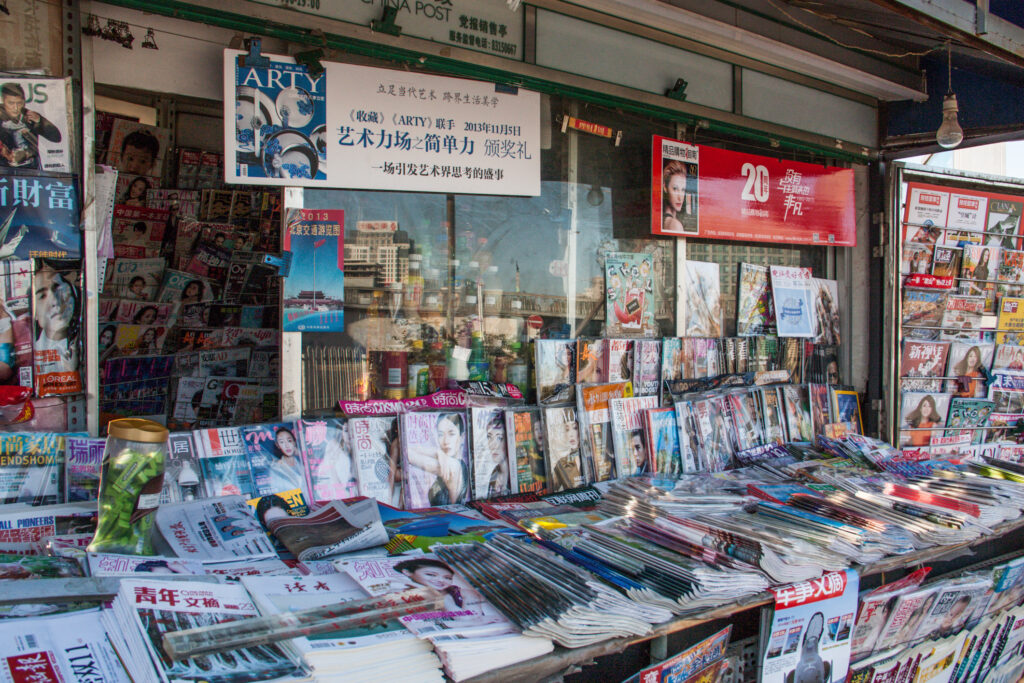February 11, 1978, marked a major shift in cultural heritage as the Chinese government lifted a decades-long ban on works by three iconic Western authors: Aristotle, William Shakespeare and Charles Dickens. This decision opened the door for millions of people in China to engage with their works for the first time.
The Ban
Under Mao Zedong's rule, the ban was imposed at the start of the Chinese Cultural Revolution in 1966. During this period, many Chinese intellectuals were persecuted, and texts from certain authors deemed “counter-revolutionary” were removed from libraries and banned from distribution. These included works from Aristotle, William Shakespeare and Charles Dickens – all of whom were seen as symbols of Western imperialist ideology.
Lifting the Ban
In February 1978, Hua Guofeng – then Chairman of the Communist Party of China – announced that books by Aristotle, William Shakespeare and Charles Dickens could be read freely once again in China. He also encouraged people to explore their works as part of promoting Chinese culture, citing their contributions to literature, philosophy and science as reasons for doing so.
Impact Of The Decision
The decision to lift the ban had huge implications for Chinese culture, giving citizens access to works that had previously been out of reach for decades. As a result, people suddenly had a wealth of stories and ideas to explore, opening them up to new ways of thinking and providing an escape into exciting worlds through reading. It also helped fuel an unprecedented growth in intellectualism which began booming in line with economic reforms shortly after this decision was made.
Today works by these three iconic authors are widely available throughout the country either through physical books or via digital platforms such as Amazon Kindle or Apple Books store, making them accessible to anyone with an internet connection!

